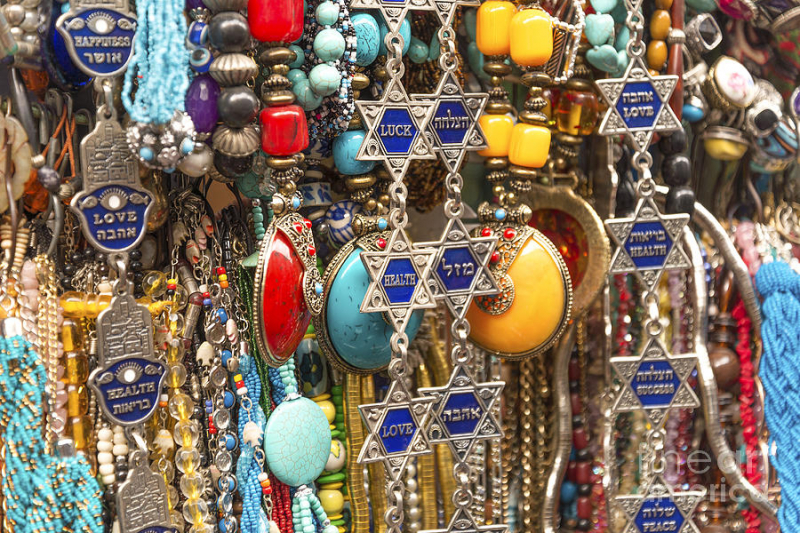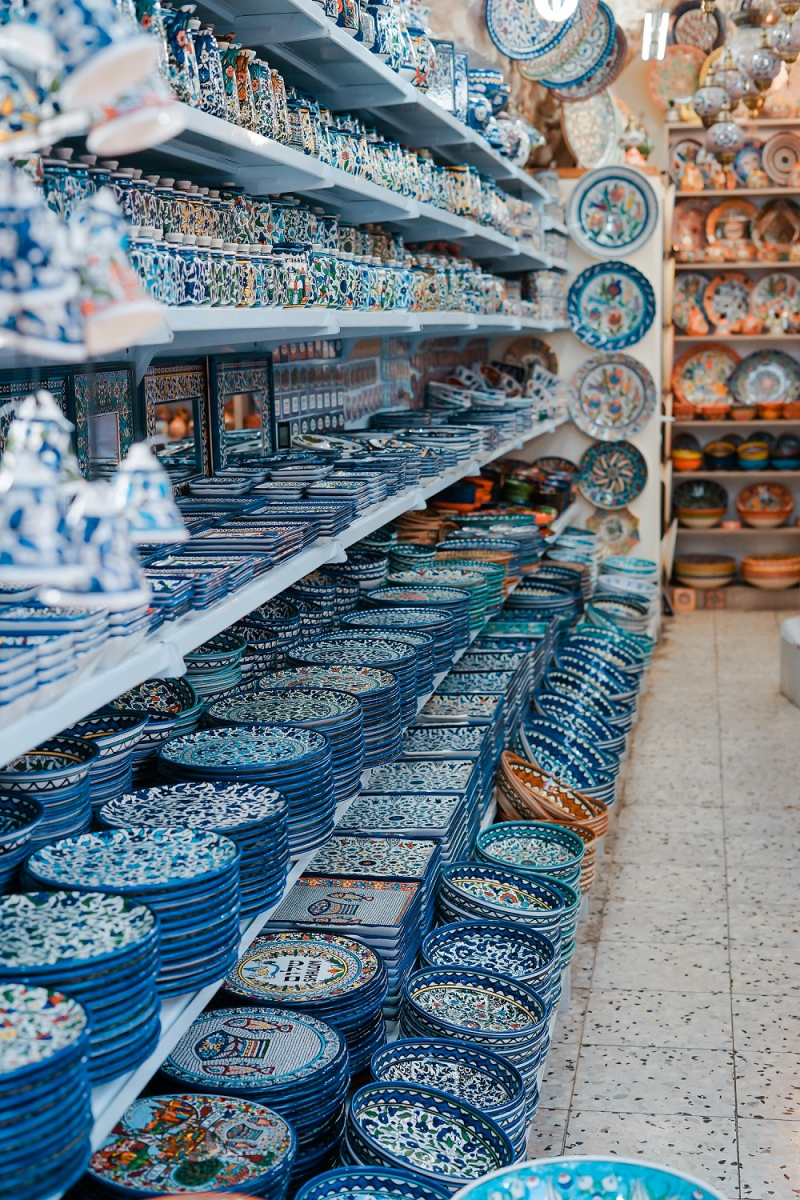Gift Giving Customs
You might bring a hostess gift of some sort when invited to someone's house for a meal. A simple gift like flowers, cake, or chocolates may be used. You might want to think about offering to cook a salad or dessert as part of the meal to lessen the burden on the hosts.
It is customary to bring a sizable gift when you are asked to a meal on one of the major Jewish religious holidays or the High Holidays. It's not uncommon for your hosts to ask you to make one of the main dishes, and doing so will be very helpful to them. Make sure you account for every guest by knowing how many there will be and making plenty.
It is considered appropriate to pay for your plate plus a little extra when you are invited to a friend's wedding and choose to make a monetary contribution. It is acceptable to charge 250–300 shekels each dish as a minimum. There is no restriction on the size of the present you desire to offer, of course. It is appropriate to give a little less money if you are attending a morning wedding (often only on Friday morning). In Israel, wedding registries are nearly unheard of.
A present of a household item is typical if you are invited to an engagement party (still rather prevalent in the Anglo community) or a Henna Ceremony (a Moroccan tradition, something akin to a bridal shower conducted a few days before the wedding attended by both men and women). It is customary for family members to present presents of cash and jewelry at henna ceremonies.
Each letter in Hebrew has a specific number. Life, often known as "Chai," has a numerical value of 18. It is also customary and noteworthy to offer gifts of money in multiples of 18. So rather than rounding up to 200 shekels, a symbolic donation may be 180 shekels (10 x 18).









